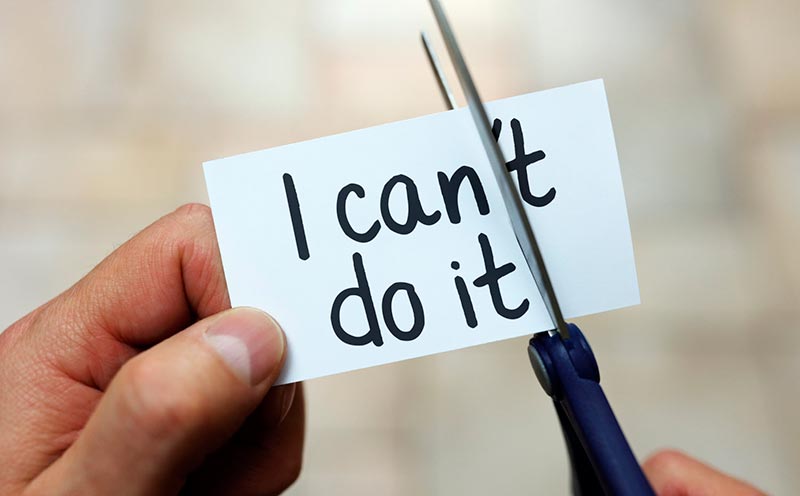The modern workplace can resemble an adult version of school, with a one size fits all approach that celebrates certain ways of doing things. Underneath the drive for productivity and key performance indicators lies a challenge in understanding the diverse range and needs of its employees in how we best perform. A growing trend I'm seeing across sectors, is a challenge to recognise neurodiversity needs amongst its employees or clients.
Neurodiversity is a concept where neurological differences are to be recognised and respected as any other human variation. These differences can include those labeled with Dyspraxia, Dyslexia, Attention Deficit Hyperactivity Disorder, Dyscalculia, and Autistic Spectrum. The figures across industries can range from 10-20%.
Square peg in a round hole.
Consider how our brains work, most us have variations in our threshold and sensitivities to noise, distractions, social activity and how much information we can comfortably process before our minds feel overloaded and fatigue. We may have a need for strategies to use to adapt to occupations or environments.
Occupational Psychologist Nicola James and founder of Lexxic feels education is needed and that everyone is missing out "many entrepreneurial brains, coders, salespeople, creative types are often neurodiverse and their divergent thinking allows them to see ideas and think out the box which are skills business struggle to find, but if you try and put a square peg in a round hole these individuals can really struggle".
Diversity is all around us, Nicola adds, "famous examples are Richard Branson, Jennifer Aniston, and Steve Jobs, it is important for organisations to learn to harness their talent".
Lack of knowledge and misunderstanding can cloud empathy, so human resource leaders need specific training. Lexxic provide neurodiversity services across the UK and have just opened an office in Dublin. They have a proven track record of supporting businesses with their diversity and inclusion agenda through education, online training and coaching.
We need to celebrate our common ground but also recognize that others need to do things differently, perhaps your colleague needs to use mindmaps, voice assistance technology, or wear headphones and opt for lunchtimes by themselves, they are just meeting their needs for performance and recovery.
Often the solutions are very practical and incredibly cheap. The difference of putting a layered colored sheet over some text to read can be such a game-changer for someone.
Hidden performance skills
A former client who was struggling with their work performance following a promotion, was offered an executive coach to support them grow into the role, although usually a good suggestion, in this case, it didn’t help.
As an Occupational Therapist, our focus is on skills and environment adaptions to improve our mastery, effectiveness and efficiency over what we are doing. This client needed more structure, to improve their note-taking, movement breaks, chunk information and create an external system to manage their dyslexia.
These performance skills were not to do with talent, confidence or intelligence it’s a continuum that we are all. It’s very possible that people on the mild to moderate range move through our education system and receive a diagnosis much later in life.
Diversity includes many things
At the heart of this shift are cultures that need support to change and enhance their conversations on common ground and differences. Diversity and inclusion consultant Adaku Ezeudo explains "organisational leaders must also be willing to cultivate empathy and continuously learn to enrich employees’ experience in the workplace.
Ask questions that encourage dialogue, "How can I best support you on this project?" "What can I do differently next time that will be more helpful?" Whether it’s via feedback forms or survey tools, the data insights should be welcomed as teachable moments because it presents an opportunity for organisations to become better".
Perhaps it’s also the consequence of social change we are now seeing, how life and work has been redesigned, it is more cognitive less practical and so technologically focused.
Many of our heroes from previous generations in sport, music and business may have been neurodiverse without realising it, but did it matter in their day to day lives? Probably not, it may have even been their greatest strength. However, in the information age, there is more cognitive loading and strain and people need to feel empowered to use any strategies openly and without shame or fear for their job security.

